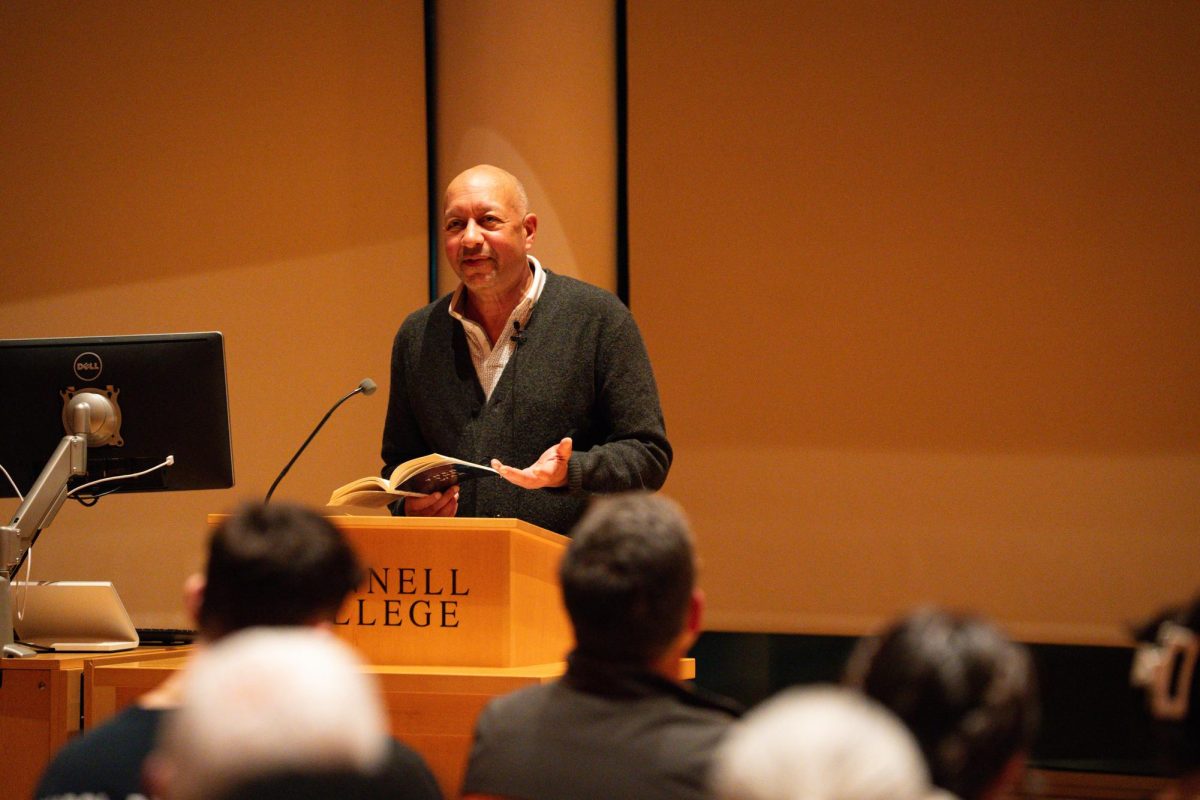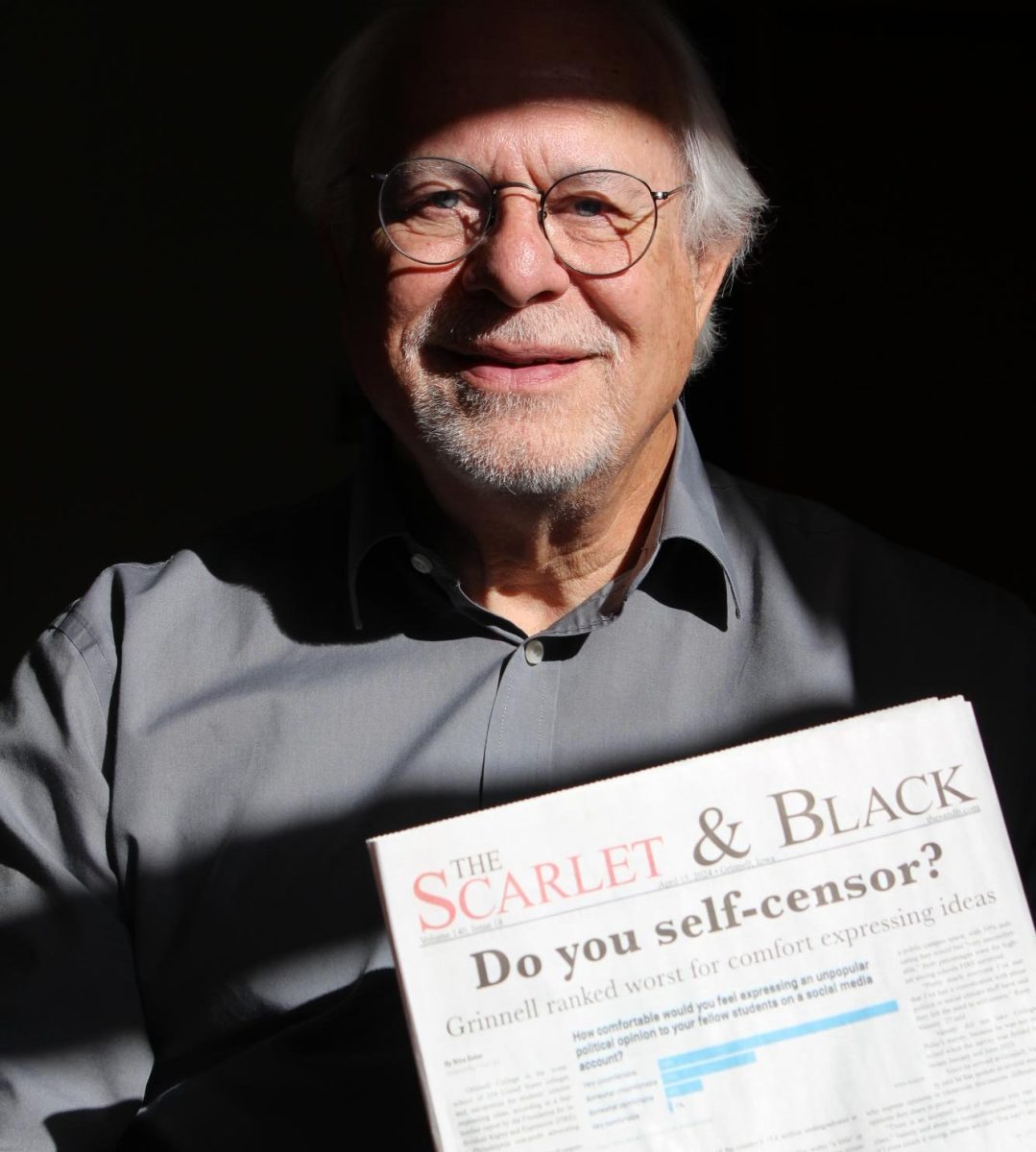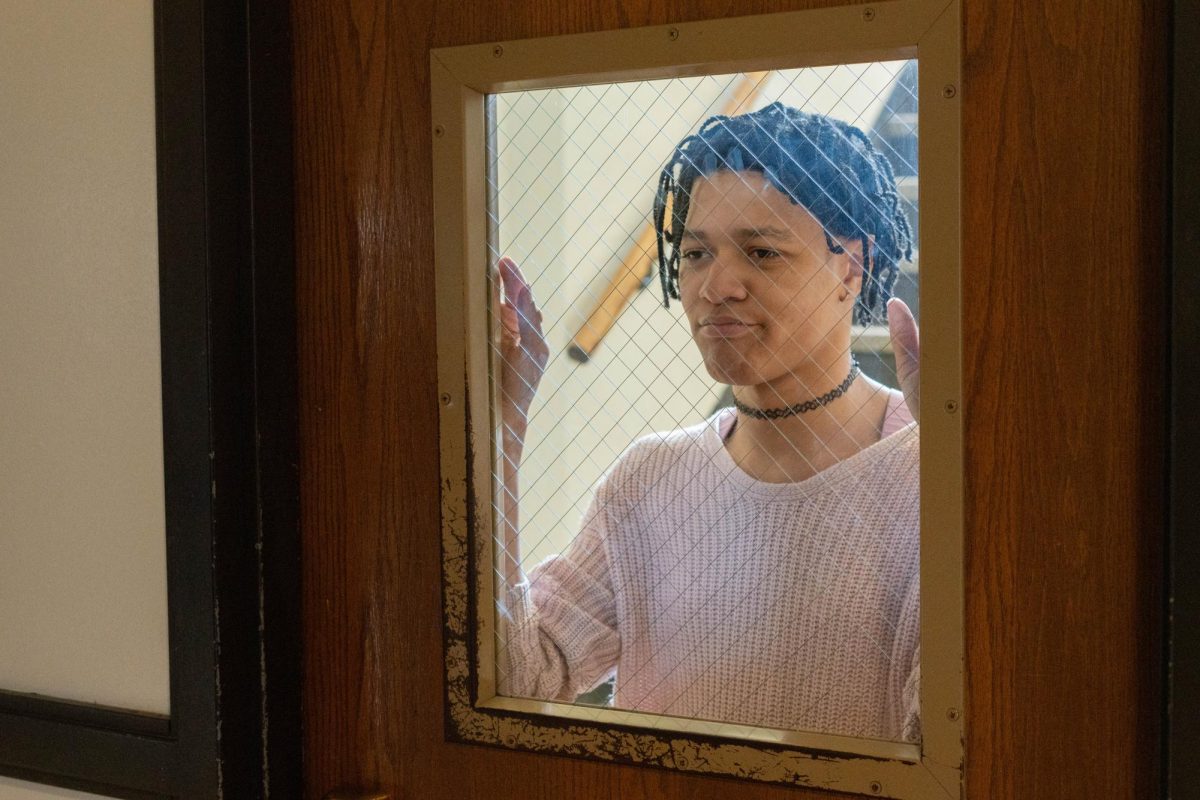The Coen brothers demonstrate with their latest film “A Serious Man”—as they did with their previous film “Burn after Reading”—the fluidity with which they fuse their delight- ful humor with their bleak metaphysical vision. This has been one of their great gifts since very near the beginning. We saw traces of this fusion in their 1984 debut film “Blood Simple,” a bloody and somber film noir that gleefully disconcerted us with sudden sight gags and perfectly timed comic patter that contributes to making any Coen film instantly recognizable.
By their 1991 film “Barton Fink,” the Coens had grown tremendously in their humor and brooding seduction.That merciless portrait of a neurotic writer at work in a dilapidated Hollywood hotel seemed to simultaneously dare us to laugh and dare us to take it seriously. Whereas in “Blood Simple,” humor and dread were comfortably compartmentalized, the Coens have grown more aware throughout their career that life’s deepest jokes aren’t always easy to laugh at.
“A Serious Man” is perhaps the Coens’ most forthright exploration of their personal humor and dread. It is the story of one man’s effort to understand a joke. The joke is a cosmic one played on him and the man is so desperate to take it seriously that he’ll accept any interpretation of reality that alleviates his perpetual befuddlement.
The man is Larry Gopnik (played by Michael Stuhlbarg), a tenure-track physics professor, living in suburban Minnesota in 1967, whose life suddenly comes to the brink of collapse. Or maybe it was never so good to begin with. He isn’t sure. He knows he isn’t thrilled when his wife Judith (played by Sarri Lenick) announces that she’s in love with the local smooth- talking widower, Sy Albeman (played by Fred Melamed) and that she wants Larry to move out of the house. Nor is Larry happy about the creep who has been sending letters about him to the tenure committee, trying to convince them of Larry’s “moral turpitude.”
A member of the local Jewish community, Larry goes to the rabbis for guidance. He doesn’t understand why his life has so swiftly fallen apart. The rabbis are cryptic at best and facile at worst, and yet Larry drinks in their words, his eyes wide and anguished. Larry doesn’t realize what Coen fans have come to understand after a few films: the more you look for serious, conclusive answers, the more the joke is on you. In the Coens’ world, the suckers are the ones who expect their personal experiences to guide them to deeper truths about the world. The wise characters learn not to understand but to abide, appreciating the small, stable elements of their unpredictable lives.
In the beginning, Larry can do this as well. Early in the film, we see him teaching one of his classes and lost in mathematical calculations. He’s demonstrating Schrödinger’s cat— a thought experiment in quantum mechanics in which a cat can be shown to simultaneously be dead and alive, demonstrating the instability and randomness of reality. He freely admits that he can’t wrap his around the real-life consequences of this unsettling paradox. But he gets the math and that’s all that matters. It is only when instability and chaos begin to creep into his personal life that the scientific explanations cease to suffice.
“A Serious Man” probably isn’t the best film for those who are new to the Coen brothers. Their most puzzling eccentricities are at the forefront here. If you found the ending of “No Country for Old Men” too obscure, you’ll be tearing your hair out during “A Serious Man.” But those who loved the Coens will be overjoyed simply by watching how richly their style has developed—the crispness of the visuals, the eerily paced edit- ing, and the humor. One can’t help but smile when watching the alien-like teachers at Larry’s teenage son’s Hebrew school. Equally funny is Michael Stuhlbarg’s mousy politeness, his effort to maintain diplomatic order while surrounded by characters who rarely let him finish a sentence and yet have little meaningful to say themselves.
Despite the dread and pain found in the Coens’ humor, it always has a redemptive quality for me. Their madness unfolds with a certain rhythm. Characters interrupt one another at the perfect moments. Mundane moments are imbued with inexplicable grandeur. Some critics have called the Coens manipulative and condescending. I think they just understand the ways that life can feel abrasive and antagonistic and try to find elegance in the comedy of disorder. Their characters are conceived with such vividness and care that I can’t accept the possibility that the Coens don’t have affection for them. But there is a mad order to their universe and no characters get easy answers or special treatment. The error of Larry Gopnik’s spiritual quest is that he tries to see what only God can see. And, in the film’s final moments, he even tries to play God, with results that just might be devastating.


















































